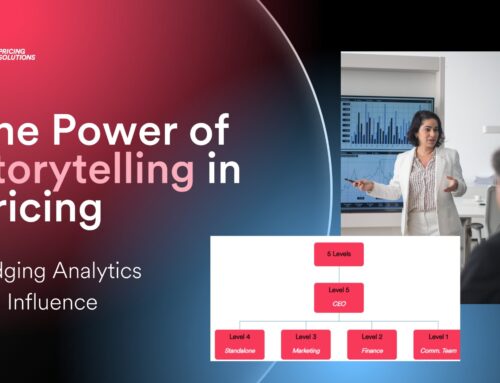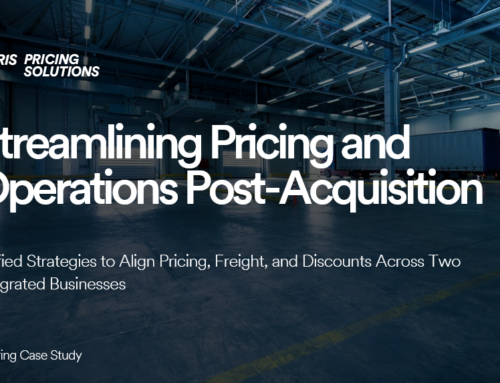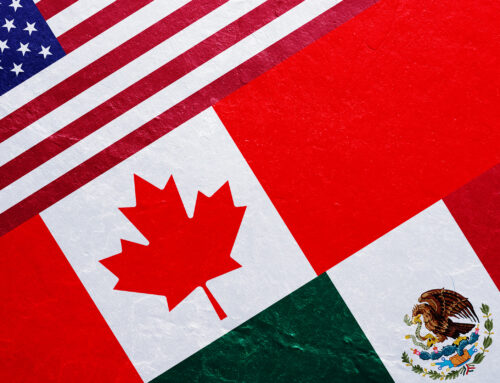Everyone loves a bargain; however for commercial & sales teams, providing that discount may not be such a good thing. While discounts and promotions can accelerate the close of a deal or drive short-term increases in sales, they might not be the best way forward, and could do irreparable damage to your brand.
Perceptions Matter
We know that when customers evaluate products, they psychologically use price as a proxy for the quality & benefits of their purchase. For example, when most people buy a PC connector/cable the assumption is that more expensive cables will be more robust or have a better connection. The buyer is making this assumption without spending any time researching the technical differences, it’s simply a perception. Hence your price is part of your value communication, and if you discount then over time your customers will begin to perceive the value of your product/service as less than they should.
“If you’re the type of person who shops only sale prices, think about this: Would you want you as a customer in your own business?”
Discounts Cause Price Wars
It’s good pricing practice for a brand to monitor their competition’s product developments and pricing. While list prices may be more visible, net prices after discounting are often very difficult to see for the competition. Hence companies rely on very small pieces of ad-hoc information to inform their discounting strategy. If a competitor saw that you’re offering one customer a great discount, they may fear that you’re offering that deal to every customer and hence increase their discounting to compete and remain relevant. In response, you’re forced to decrease your prices further or risk losing a customer. This is an extremely slippery slope and the most common cause of price wars that we witness, as we’ve discussed in previous articles.
Discounts Lead to Expectations
If you offer a discount to customers once, you could then find yourself constantly negotiating with customers who haggle over prices. By offering discounts, you’ve set the precedent that your prices aren’t set in stone, leading them to continually try to reduce the price for your products in future negotiations.
Discounts Aren’t Fair
One of the key messages, which emerge through our pricing research, is that customers want fair prices more than they want low prices. If you are offering discounts then the only way a customer can make sure they get their fair price is by negotiating hard, as this is what they assume all your other customers are doing. Imagine if customers had visibility of their price in relation to the price given to all of your other customers. In that scenario everyone would come back demanding a lower price, everyone except the customer with the lowest price of course. That’s what happens when customers talk to each other or customers move from one company to another. By having uncontrolled discounting you could be exposing your company to unnecessary revenue and reputation risk.
The Upsides to Discounting
Though we’ve used this article to highlight the possible downsides to discounting, it’s important to realise that discounting can be beneficial for businesses when used in the right way.
As mentioned above, discounting is a key tool that the sales team can use to close a deal. Giving customers that positive feeling that they have negotiated a discount can often get customers over certain purchasing hurdles.
Justified discounts that are explained to your customers: based on volume, number of products purchased, and years of loyalty can encourage customer behaviors that drive increased profits. By rewarding your customers in a structured way, you can create brand loyalty; but also give more freedom to your sales force, to discount within particular guidelines, without constant approvals for ‘exceptional’ cases.
When looking at discounting it is important to think about, not only, how the discounts will affect your profits in both the long and short-term, but how they will affect your relationships with your customers and how customers will perceive your business. You should look at your discounting as a marketing investment to close business, and hence if you control and optimise that investment you can drive significant returns.
If you feel like your pricing and discounting strategy needs a more structured or informed approach, why not get in touch? Our team of pricing consultants would be happy to discuss your business and look at ways we will be able to help.





